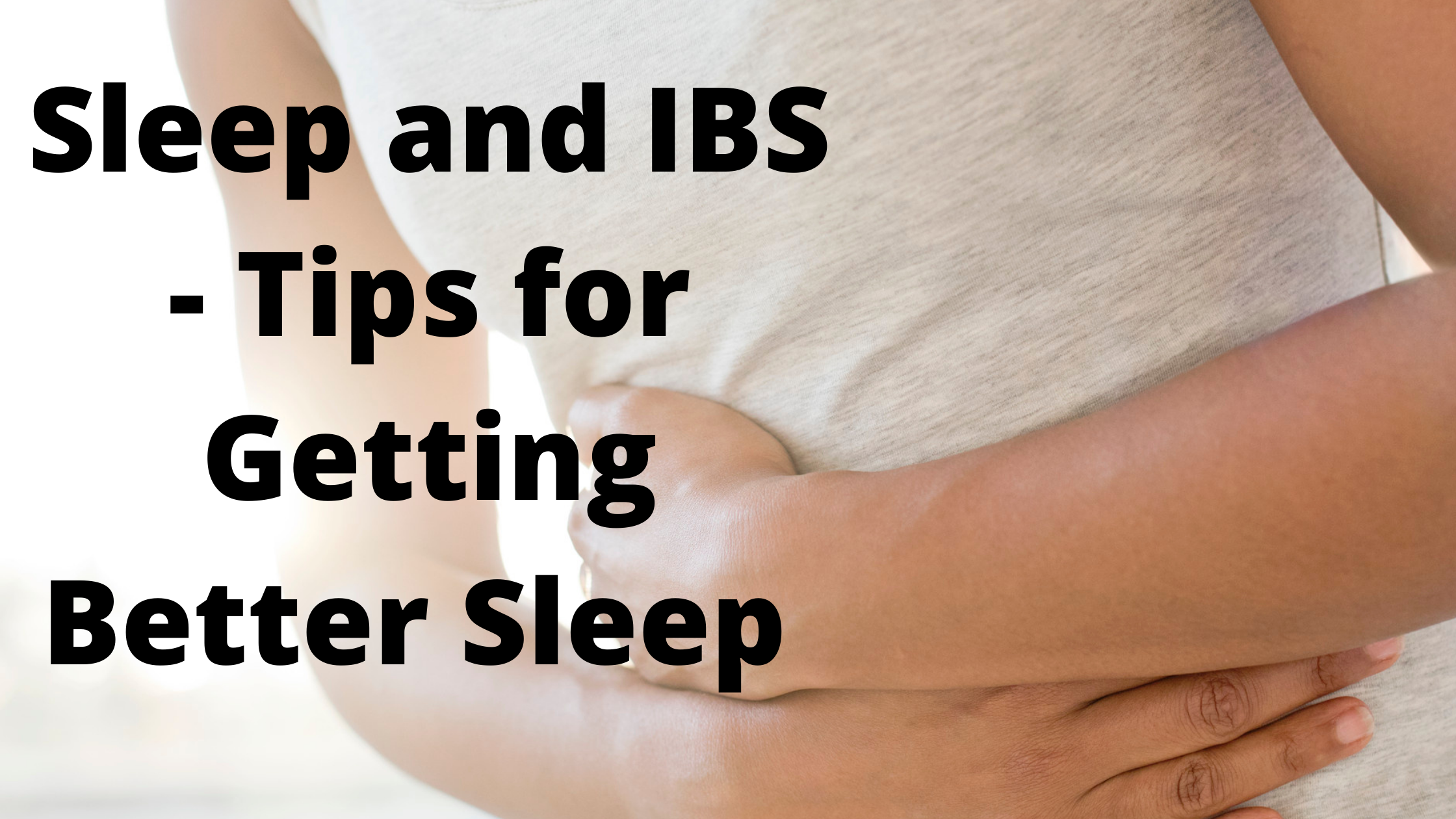Irritable Bowel Syndrome (IBS) is a gastrointestinal disorder characterized by discomfort and bowel irregularity. Along with a lot of abdominal pain, IBS can also cause issues with sleep. A lack of sleep also influences the severity of IBS giving them a reciprocal relationship. Continue reading to find out how to get better sleep with IBS.
Sleep and IBS
There is little research on sleep issues and the gastrointestinal system (everything from the mouth to the anus). However, 40% of individuals with IBS report having sleep problems. Symptoms such as abdominal pain and diarrhea can negatively impact sleep patterns, causing nightly disruptions.
IBS has been linked with lower sleep quality, reduced light sleep, and significant sleep disturbance. Also, there is a reverse link between IBS and sleep, where a lack of sleep causes increased abdominal pain, anxiety, and tiredness the next day.
IBS can also cause insomnia, which can lead to sleep deprivation. Insomnia is the lack of ability to go to sleep. Adults need, on average, 7-8 hours of sleep. When they fall short of this goal, they put themselves at risk for severe sleep deprivation. Sleep deprivation has the same effects on the brain as being intoxicated. It decreases focus, dysregulates your mood, and can put you at increased risk for health problems like hypertension and heart disease.
Therefore, those with sleep disturbances must work to find the root of the issue to avoid worsening IBS symptoms.
Conditions affecting sleep quality and IBS symptoms
There are also other conditions outside of the gastrointestinal system that can negatively impact IBS symptoms.
Sleep apnea is a disorder where the muscles in the back of the throat relax and impair breathing while sleeping. This can cause sleep disturbances as people wake up to begin breathing again. The next day, people don't remember waking up to breathe but feel excessively tired and are unsure why. Researchers found that those with sleep apnea were more likely to have IBS than those without sleep apnea. Therefore, it's important to treat sleep apnea, as that may alleviate some IBS symptoms.
Mood disorders are another set of health problems associated with IBS. Sleep issues are a classic feature of psychiatric and mood disorders. They play an important role in sleep disturbances and IBS. Treatment of these disorders is both behavioral and emotional management, and it's important to recognize uncontrolled psychiatric symptoms and discuss them with your healthcare provider.
Melatonin is a hormone produced by the brain that helps promote sleep. A study showed that those who took melatonin supplements before bed had decreased abdominal pain, but did not have improved sleep. Another study found that probiotics can alter the creation of melatonin through changes in gut bacteria. This can affect sleep and IBS symptoms.
Tips to Improve Sleep
It is not impossible to improve sleep if you have IBS, but there are some tips to try and improve sleep.
1. Limit daytime naps to 30 minutes. Longer naps may interfere with your circadian rhythm and make it harder to fall asleep at night.
2. Avoid stimulants like caffeine and nicotine closer to bedtime. Coffee is also diuretic and laxative, and can incite gastrointestinal motility at a time when you want it to be quiet.
3. Exercise for at least 20 minutes a day, but avoid activities closer to bedtime. That can increase your adrenaline to a point where it is very difficult to go to sleep.
4. Expose yourself to natural light during the day and darkness at night. This can help regulate your circadian rhythm, as it is regulated by light.
5. Optimize your sleeping area by having comfortable bedding, white noise, blackout curtains, and avoid the use of electronics.
6. If you snore or have sleep apnea, seek medical advice for further evaluation.
7. Discuss sleep concerns with a healthcare provider as well as uncontrolled mood symptoms.
If you have IBS and are experiencing sleep disturbances, then please click the orange button below to take a free online sleep test and speak with a sleep expert. 
Resources:
https://aboutibs.org/signs-and-symptoms/sleep-and-irritable-bowel-syndrome/

